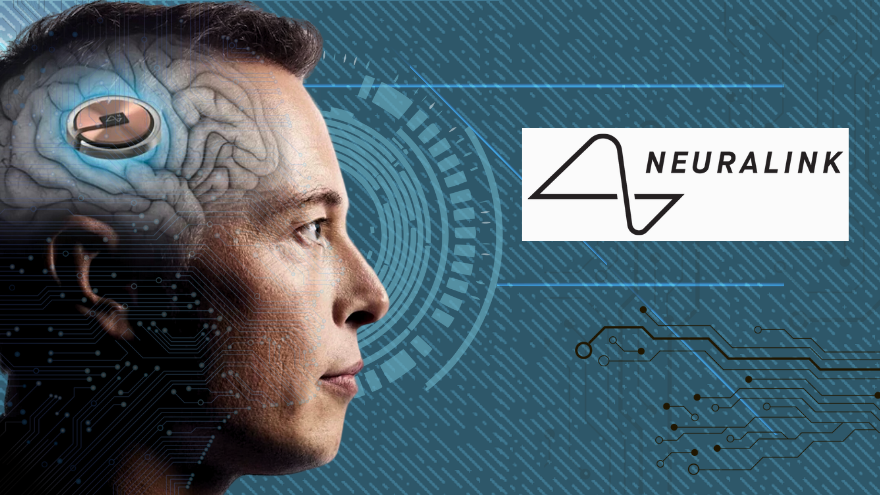In a statement posted to Musk’s social media platform X, he said the patient is “recovering well” and that “initial results show promising neuron spike detection.” “The first Neuralink product is called Telepathy,” Musk said in a follow-up post about the groundbreaking technology. “Enables control of your phone or computer, and through them almost any device, just by thinking. Initial users will be those who have lost the use of their limbs,” he added. “Imagine if Stephen Hawking could communicate faster than a speed typist or auctioneer. That is the goal.” Neuralink’s goal has been to create a symbiotic relationship between humans and artificial intelligence, blending the line between man and machine to help humans harness their full potential. The company said last fall that its brain-computer interfaces (BCIs) decode movement signals from brain activity to allow humans to control external devices. The technology could also restore sight to the blind, create technological telepathy, and enable paralyzed people to control artificial limbs. In its recruitment notice for clinical trial patients, the company sought quadriplegics who were are least 22-years-old and have a reliable caregiver in order to demonstrate the device’s potential. Neuralink says that study will take roughly six years to complete. Anne Vanhoestenberghe, a professor of active implantable medical devices at King’s College London, calls the announcement a “signifiant milestone.” “For the brain-computer interface community, we must place this news in the context that while there are many companies working on exciting products, there are only a few other companies who have implanted their devices in humans, so Neuralink has joined a rather small group,” she said. “I expect Neuralink will want to give the participant time to recover before they start training their system with the participant,” she added. “We know Elon Musk is very adept at generating publicity for his company, so we may expect announcements as soon as they begin testing, although true success in my mind should be evaluated in the long-term, by how stable the interface is over time, and how much it benefits the participant.” The development is a major milestone, given Neuralink’s regulatory hurdles, due to safety concerns. At least 42 individuals have received brain-computer implants, according to the Washington Post.Billionaire entrepreneur Elon Musk’s brain chip company Neuralink has performed its first brain implant on a human, a major step in allowing people to interface with computers by using thoughts only.
Loading...
Loading...
Technology /
Neuralink Implanted In Human Brain For First Time
Device will allow people to control external devices and computers with their thoughts

*For corrections please email [email protected]*
